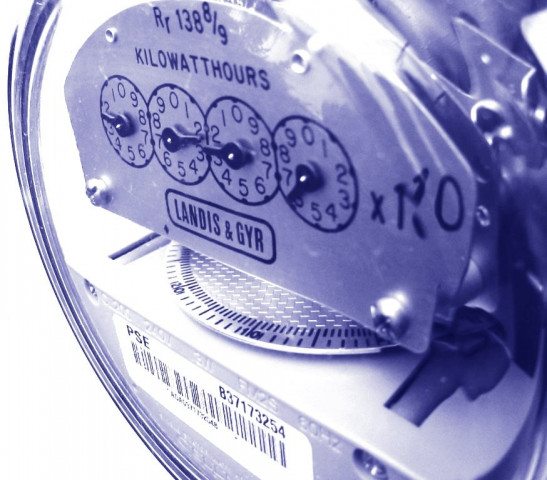Raise in power tariffs
Raising tariffs will not solve inefficiencies given government’s poor management of GENCOs finances, operations.

The ostensibly reason for the massive increase in prices is the rise in fuel prices as well as the government’s attempts to reduce its budget deficit by reducing it allocations to power subsidies. We are sympathetic to both arguments but the government is being disingenuous if it expects the citizenry to believe that those two reasons alone account for the entirety of the problem. According to analyses presented to the special committee on the energy crisis, low prices and subsidies account for only about half the picture. The second half — and the one where the government has made almost no progress — is the inefficiency of the state-run power generation companies, whose costs of production are skyrocketing owing not due to higher fuel costs but plummeting efficiency levels. The cabinet committee’s recommendations include proposals to completely restructure these companies, bring in professional management and eventually prepare them from privatisation. Given the government’s inability to manage these companies, we would be in favour of improving the management of these companies, even if it means the government no longer owns them.
The inability to solve the energy crisis has become the single biggest millstone around the neck of an already weak economy. Last year, failure to reduce power subsidies, for instance, cost Rs295 billion to the national exchequer. If the government had stayed within its allocation, it would have been able to meet the budget deficit targets that it promised the International Monetary Fund and the country may not have faced the loss of global credibility it faced as a result of failing to meet that commitment. But that is not the only cost to the government’s inability to manage this self-created problem. The State Bank of Pakistan estimates in its most recent quarterly report on the state of the economy that the country’s gross domestic product would increase by at least two per cent per year if the energy crisis were somehow resolved. That should suggest to our politicians and to our policymakers the gravity of the problem. Two percentage points is the difference between anaemic and brisk economic growth, between rising incomes and falling poverty on the one hand and stagnating incomes and rising poverty on the other. Other than this is also the issue of circular debt. This has reached such unprecedented levels that part of the reason for the chronic power shortages that affected the country in recent weeks were the billions owed by the government to several independent power producers, who, it turns out, were unable to purchase enough furnace oil to generate adequate electricity. If one looks at the installed capacity of all — public and private — power generation plants, it is enough to meet current national demand.
It is true that a solution to the country’s energy problems will result in at least temporary increases in electricity prices. But raising tariffs alone will do little to solve the structural inefficiencies that exist in the energy sector, most notably the government’s horrendously poor management of the power companies’ finances and operations. Why should consumers alone suffer if the government does not have the political courage to take on the employee unions at the state-run power companies in order to restructure them? We have been sympathetic to the challenges faced by any policymaker in managing the Pakistani economy, even more so when the government is democratically elected and needs to cater to the needs of constituencies with vastly differing interests. But a steady power supply — and by extension a robust economy — is not something that deserves to be gambled with for perceived political gain, particularly when there is very little disagreement between experts on how the problem can and should be solved.
Published in The Express Tribune, October 16th, 2011.















COMMENTS
Comments are moderated and generally will be posted if they are on-topic and not abusive.
For more information, please see our Comments FAQ